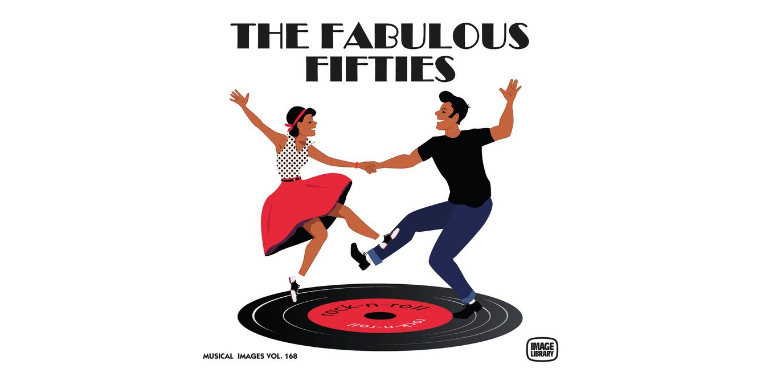Although I was raised a decade later, people always point back to the 50’s as America’s greatest years and the best time to be alive. W.W.II had just ended, the economy was running at its peak, and the moral and ethical fiber of America was very much intact. On T.V., Lucy and Desi slept in separate beds, bad language was not allowed, and children were raised in the mold of Beaver Cleaver. Blue laws existed and few stores were open on Sundays, alcohol sales were banned after midnight Saturdays, and most of America was expected to be in Church.
Reality is sometimes different than remembrances and people are always people; containing both the highest of virtues and commonest of failures, often within the same packages. During the fifties and sixties, men were expected to be men, and John Wayne types were the models. In my hometown, old coal-miners often tangled at the bars, sometimes over something as simple as who was the best pitcher on the Cardinal staff. Young boys were taught how to defend themselves by blocking with the left arm and punching with the right. “Don’t start a fight but never back down from a bully,” my relatives always stated. Today, that schoolyard fight will get both participants arrested and fined.
During the 50s and 60s, if you were not cut out for scholastics, you quit school by the eighth grade and went into the workforce. My wife’s uncle describes how he left home at 14, hitchhiking to California for work. As he prepared to go, his father accompanied him to the highway, wishing him well and handing the few dollars of change he had in his pocket to help him along the way.
My father and his family found it difficult to make a living in the river valley. To make ends meet, they would travel to the delta during cotton season to work the harvest there or go up north to work in the canneries. During the winter, they would return home and scrape through by cutting charcoal wood, cutting rock, or working in the rough sawmills. Times were hard and dollars were hard to come by.
On the other hand, the towns were vibrant with local merchants offering all types of new merchandise that was just entering the market. Color T.V.’s, cars with fins, and the newest electrical appliances were readily available. Salaries were low but prices were cheap. A new car could be bought for less than $2,000 and gas was 29 cents a gallon. You could buy a week’s groceries with a $20 bill and get back change, a movie cost a quarter and you could get popcorn, soda, and a candy bar for a quarter more.
At school, we played marbles for keeps, spiked and broke other kids’ tops, and played on equipment that would and has been outlawed in today’s world. Our rooms were heated by radiators that spit steam and hot water, we slid down outside fire escapes, and our lunches contained fats, butter, oils, and calories that tasted great but are banned today. For three cents, one could get an extra roll, another pint of chocolate milk from a real glass bottle, or a second cinnamon roll.
When we got home, after an hour ride on the school bus, we were told to get outside and play and don’t come back in till dark. The biggest excitement in our small town, other than holidays, revolved around church. We went on Wednesday nights, Sunday mornings, and Sunday nights. During revivals, it was every night for two weeks or more. My siblings always say we never got into trouble because we were always in a church service. They are probably forgetting the night Rickey Miller and I snuck out and filled the tailpipes of Dent Foster’s old car with mud, resulting in the loudest explosion heard up until that time in our little community.
Memories are funny things; we tend to emphasize the best of times, ignore the worst and make the most of the life God has given us. That is probably a great philosophy to live by.






